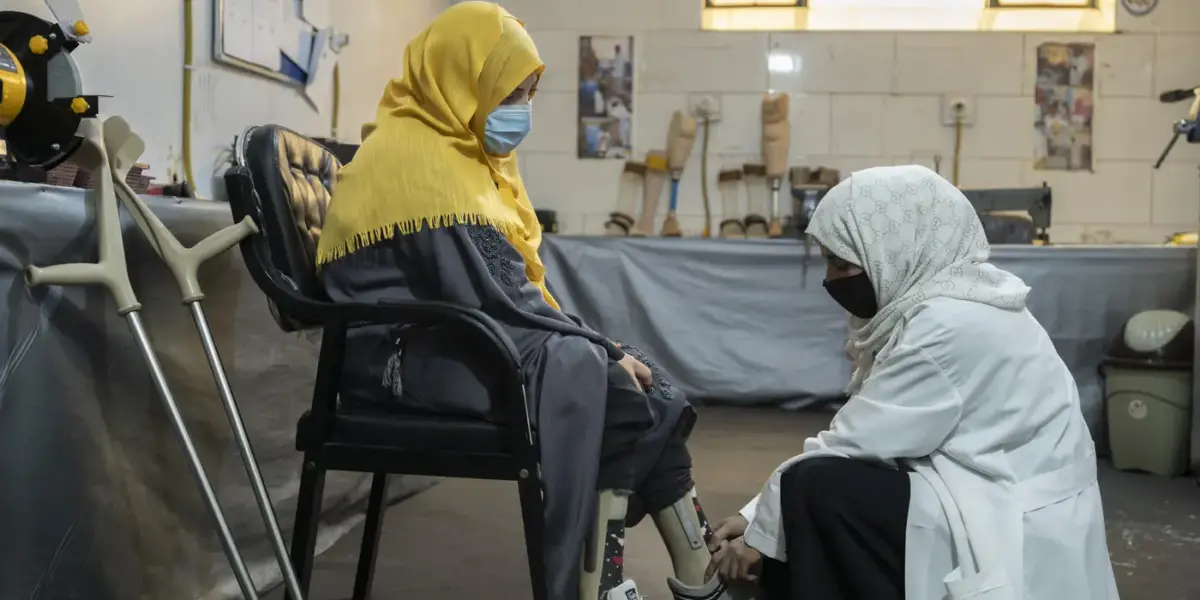The United Nations Office for the Coordination of Humanitarian Affairs (OCHA) in a report says that Afghanistan has been labeled as one of the world’s most heavily contaminated countries, facing a dire humanitarian crisis due to explosive hazards.
According to the report, two-thirds of the nation’s 401 districts are contaminated with mines, improvised explosive devices (IEDs), and explosive remnants of war, posing a severe threat to the lives of its citizens.
Within a 1km radius of these explosive hazards, three million people reside, exposing them to constant danger, OCHA said.
It added that more than 60 people, predominantly children, fall victim to these hazards every month, either killed or maimed.
The contamination is a combination of legacy issues predating 2001 and new challenges, with provinces like Uruzgan, Kunduz, Helmand, and Kandahar among the most severely impacted, OCHA said.
“The consequences of this pervasive contamination extend beyond physical harm. Vast stretches of land, including critical infrastructure such as schools, are rendered unsafe. Explosive hazards hinder the movement of civilians and humanitarian workers, posing mental and psychological risks due to fear. Additionally, they limit safe access to livelihoods, exacerbating the distress of affected families,” said the organization.
The report indicates a two-thirds funding shortfall for the 2023 Humanitarian Response Plan. In the last two years, funding for mine action has halved, leading to a drastic 40 percent reduction in the demining workforce, which has dwindled from 15,000 personnel to a mere 3,000.
While Afghanistan boasts a rich history in global humanitarian mine action, established in 1988, the current situation underscores the urgency of the matter, OCHA said.
It added that despite previous successes in clearing millions of explosive remnants of war and mines, easily preventable deaths continue to occur. The report calls for immediate and concerted action to address the critical funding gap and ensure the safety and well-being of the Afghan population.





